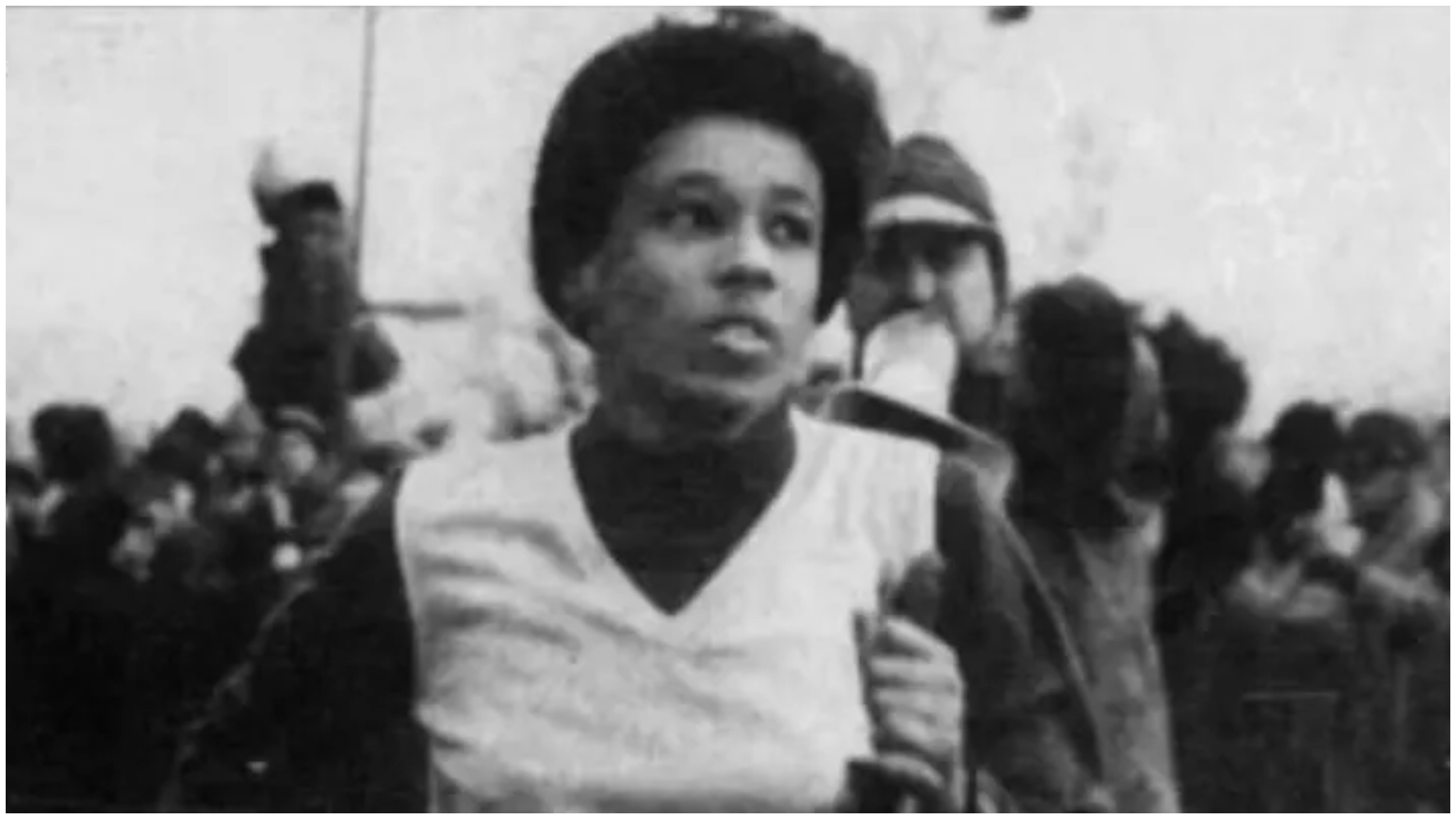Marilyn Bevans made history in 1975 when she became the first African American woman to win a marathon. Her groundbreaking victory at the George Washington’s Birthday Marathon in Beltsville, Maryland, with a time of 3:04:32, marked just the beginning of her trailblazing career.
Later that same year, Bevans shattered another barrier by finishing the Boston Marathon in 2:55:52. This remarkable achievement made her the first African American woman to complete a marathon in under three hours. Her accomplishments put African American women firmly on the map of distance running.
Breaking Barriers at the Boston Marathon
Bevans continued making history in 1977 when she returned to the prestigious Boston Marathon. She crossed the finish line in 2:51:12, earning second place and becoming the first African American woman to medal at the event.
Her determination didn’t stop there. Bevans went on to set her personal best time of 2:49:56 at the 1979 Boston Marathon. Through these achievements, she established herself as one of America’s premier distance runners during the 1970s marathon boom.
“I enjoyed training. I loved training,” Bevans has said about her journey. “I wasn’t thinking about being the first [black woman], honestly. I just wanted to be the best and compete. I wanted to win, and I knew with hard work I was going to have a shot.”
Training Without Modern Technology
Now 72 years old, Bevans developed her running skills without many resources modern runners take for granted. She trained without a dedicated running coach, instead working with the Baltimore Road Runners club.
She also found valuable training partners among Black men in her community. Together, they pushed each other to excellence during an era when African Americans were rarely seen in distance running events.
“There were no wireless headphones. I would run with my transistor radio,” Bevans recalled about her training days. “I didn’t have a GPS watch. We used to place markers on trees.”
Legacy for Women and African American Runners
Bevans’ perseverance, grit, and incredible will helped her overcome significant barriers for women—especially Black women—in long-distance running. Her achievements came during a time when women’s marathon running was still gaining acceptance.
The Boston Marathon had only officially allowed women to register five years before Bevans earned her second-place medal. Before 1972, women were banned from the race, with officials claiming women were physically incapable of running marathon distances.
In 2018, Bevans told The Undefeated, “It’s amazing and warms my heart to see young, healthy, black and brown people running and running hard!” Her pioneering spirit continues to inspire runners of all backgrounds today.
Inspiring Future Generations
Bevans’ story has received growing recognition in running circles. She was featured in Amby Burfoot’s book “First Ladies of Running,” published in 2016, which highlights women who transformed the sport.
Her journey from dedicated amateur to championship runner represents the heart of marathon running. Without sponsorships or professional support, Bevans competed purely for the love of the sport and the desire to push her limits.
Through her example, Bevans showed that excellence in running requires nothing more than determination and consistent training. Her legacy continues to motivate runners who face their own barriers, whatever they might be.
Recognition Among Running Pioneers
The running community has increasingly celebrated Bevans’ contributions to the sport. Her achievements paralleled those of better-known runners like Kathrine Switzer, who famously challenged the Boston Marathon’s men-only policy.
While men like Ted Corbitt broke racial barriers in American distance running, Bevans did the same for Black women. Her successes came through self-directed training and pure determination rather than formal athletic programs.
More details about Bevans’ remarkable journey can be found in “Just Run — trailblazing marathoner Marilyn Bevans met the challenges and became a champion,” a profile by Percell Dugger published in The Undefeated on November 2, 2018.





